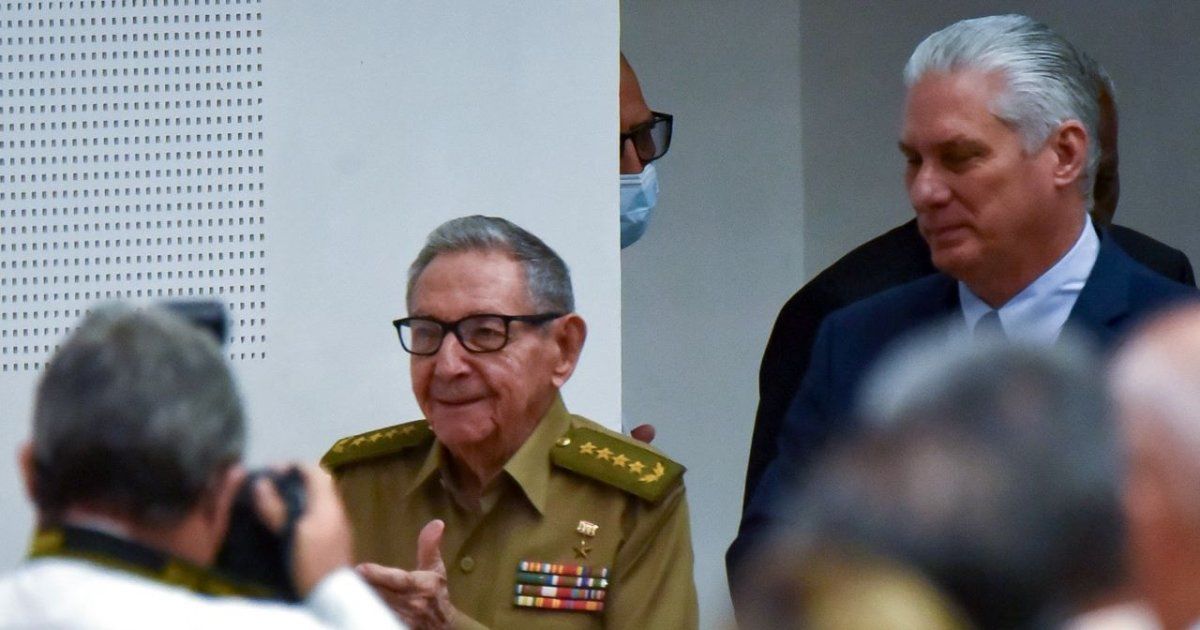HAVANA — Cuba will take measures such as selling tourist services in foreign currencies or charging tariffs to private importers in those currencies, although this will imply a partial dollarization of their economy, Prime Minister Manuel Marrero acknowledged on Wednesday.
“This government’s vision is not at all to dollarize the economy,” Marrero said, but immediately contradicted himself by stating that in this scenario “we need to go down this path, in order to achieve that one day the Cuban peso recovers its value,” said the official, describing the economic chaos that the island is experiencing as a “war economy.”
Cuba is experiencing one of its worst crises, which has continued for almost five years and has left the State without foreign currency and with few resources to cover its expenses or support its accounts.
Marrero, whose speech was broadcast on state television and reported by the pro-government press, spoke at length at the first plenary session of the People’s Power Assembly – Parliament – to report on the measures taken by the regime in the midst of an inflationary process that has destroyed purchasing power, increased shortages and deficiencies of all kinds.
What sectors?
Among the measures announced is the establishment of payment in dollars for non-state importers; payments in this currency will be gradually implemented for port services and cash in foreign currencies will be accepted in key sectors such as the turismo.
In the opposite direction, the use of the Cuban peso (CUP) will be mandatory for all transactions within the country.
Marrero did not indicate the date from which these measures would come into effect, but insisted that the plans will be gradual. just as was done at the beginning of the year with the increase in electricity, fuel and transportation rates.
For decades, trade in Cuba was in the hands of the State within the framework of a socialist economic model, which has been a failure, but since 2010 a timid opening to private initiative began, which gained strong momentum after the crisis in 2021, when small and medium-sized enterprises (SMEs) were authorized to operate with the aim of boosting national production in the face of economic chaos.
SMEs began to form in all areas, from small workshops making furniture or packaging, to shops producing finished products such as imported food. Even so, the state sector remains the main employer.
The shutdown caused by the COVID-19 pandemic and an internal financial reform — monetary unification — unleashed the crisis, which was expressed in the streets by shortages and the consequent increase in prices, although the dictatorship blames the United States for the crisis in an attempt to evade responsibility. Private entrepreneurs and SMEs gained prominence by starting to import all kinds of finished products.
The spiral of the black market
Marrero revealed on Wednesday that in 2023 the non-state sector – which must use state agencies to operate – imported goods worth 1.3 billion dollars, while by June 2024, they had imported 936 million dollars.
Furthermore, since the State does not sell dollars to these businessmen, they go out and buy them on the black market, generating “an uncontrollable spiral of demand for foreign currency” in parallel or illegal areas, Marrero said.
The regime has insisted in recent days that it is not seeking to demonize SMEs or the private sector, but rather to regulate their operations, making them compatible with the socialist state system.
At the same time, prices have skyrocketed. Officially – experts consider it much higher – inflation in 2021 was 70%, in 2022 39% and 30% in 2023. This week, during the meetings prior to the plenary session of Parliament, it was reported that this year it would be around 30% as well, according to the regime.
Source: With information from AP

